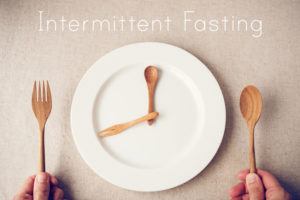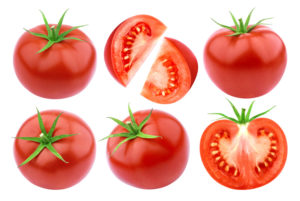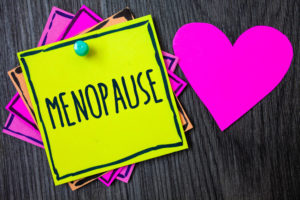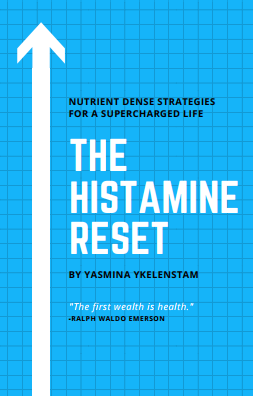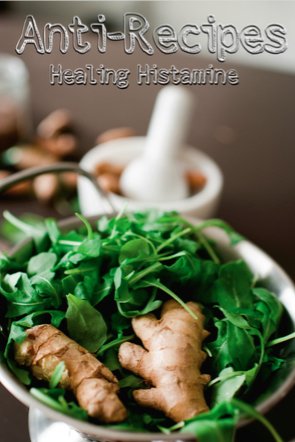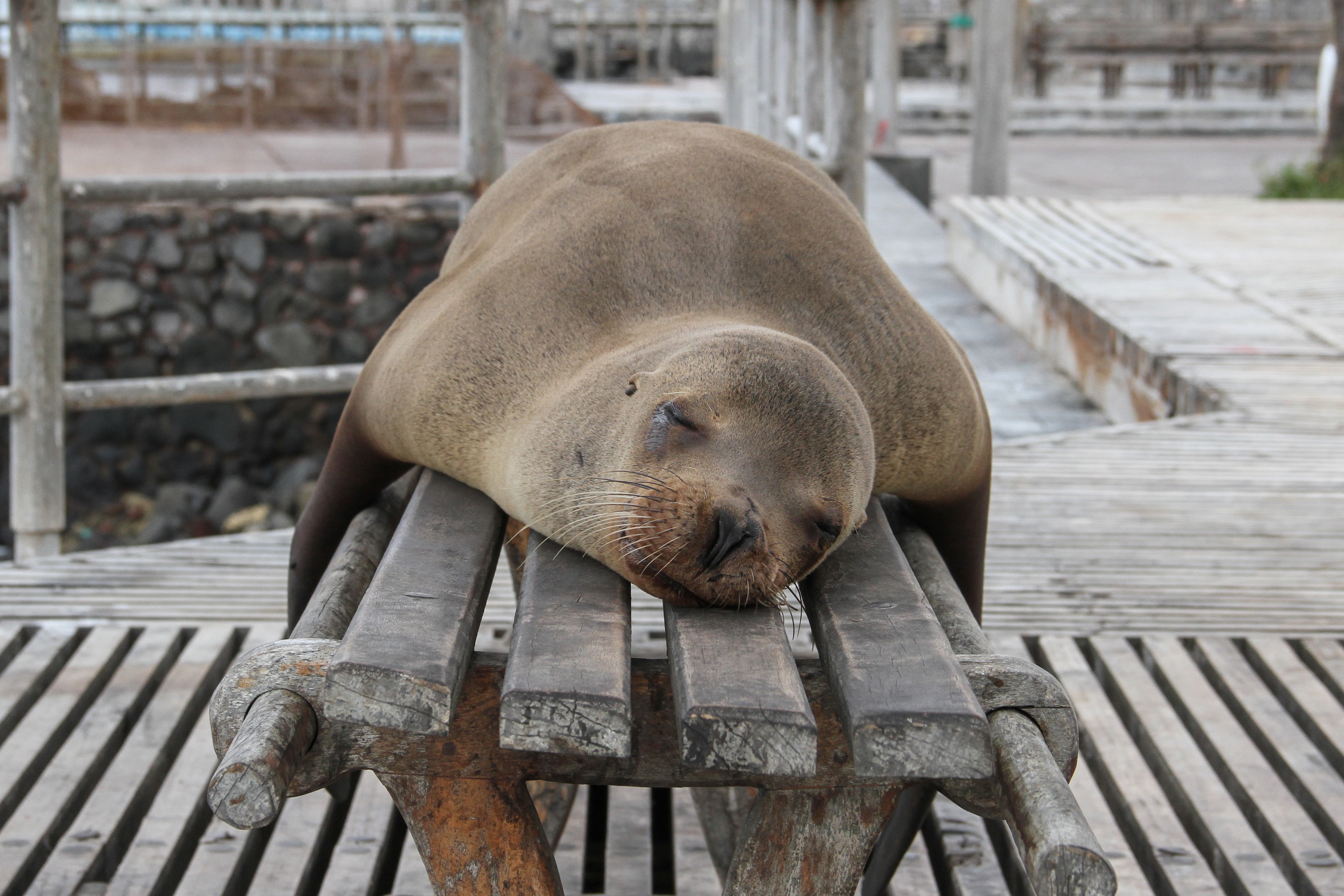
Ever reach for Benadryl during a sleepless night? Ever wonder why an antihistamine works so well? Let’s take a closer look at the link between histamine and sleep, and strategies to help you drift off peacefully.
HOW HISTAMINE AFFECTS SLEEP
Histamine receptors are located throughout the body, including the brain. These receptors are the reason histamine affects the sleep-wake cycle. The brain’s histamine system is located in the hypothalamus, which is the main regulator of homeostasis (keeping things balanced and running smooth) in the body.
For instance, the hypothalamus controls temperature, hunger & thirst, in addition to sleep-wake cycles.
Histamine, acting on the H1 and/or H3 receptor in the hypothalamus largely determines sleep and wakefulness. Having elevated histamine or taking medications that stimulate the H1 receptor will cause a feeling of wakefulness while taking medications that block the H1 receptor promotes sleep. Activating the H3 receptor decreases histamine release and promotes sleep while blocking the H3 receptor promotes wakefulness.
Narcolepsy as an Example
In a study published in the journal, SLEEP, those with narcolepsy, a condition that causes excessive sleepiness, were found to have a greater number of histamine-producing neurons than is normal. This may be a compensation for their severe loss in orexin-producing neurons, which would otherwise serve to promote wakefulness. In other words, the histamine is there to help support a certain level of alertness.
Circadian Rhythm of Histamine
In animal studies (rats and mice), the production, release, and breakdown of histamine in the body followed a circadian rhythm, with highest levels occurring during the human equivalent of height of the day and lowest levels during the human equivalent of nighttime (for rats and mice are nocturnal creatures).
Some may swing between insomnia and sleeping way too much. They’re both signs of histamine inflammation. I used to welcome being so exhausted that I couldn’t wait to get to bed, but I eventually realised that histamine could make me absolutely exhausted. There was always a nice lull in symptoms as the manic energetic and insomniac phase was replaced by extreme tiredness. There would be a few days crossover where I’d feel completely normal.
HOW SLEEP AFFECTS HISTAMINE
Getting into that Rapid Eye Movement (REM) sleep has been shown to lower histamine, as this stage of sleep shuts down the release of histamine and other neurotransmitters to paralyze our muscles during this time of rest and dreaming.
It might sound a little scary but it’s a good thing.
DIETARY SLEEP STRATEGIES
Since we know that histamine is stimulating and suppresses sleep, one main sleep strategy for those with histamine intolerance is obviously to avoid high histamine foods and histamine-releasing foods –especially close to bedtime.
Another diet-related sleep strategy involves the timing of our macronutrients — that is, proteins, fats, and carbohydrates. Saving your carb intake for later in the day is helpful for promoting sleep in many people. The reason for this is that a higher glycemic meal actually makes tryptophan more available to the brain. Carb Coma is REAL! Take advantage of it. 🙂
Healthy, low histamine, higher carb foods include fruits, starches, and natural sweeteners. Check out this low histamine carb options for dinner or a bedtime snack:
- Applesauce
- Brown rice
- Chickpeas
- Lentils
- Peaches
- Pears
- Mangoes
- Squash
- Water chestnuts (and flour)
- White Rice (especially Jasmine rice)
- Wild Rice
For delicious ways to enjoy these low histamine, high carb foods for dinner, dessert, or bedtime snack, check out my cookbooks: The Anti-Cookbook OR The Anti-Cookbook (Paleo) and definitely The Low Histamine Dessert Book
GENERAL SLEEP STRATEGIES
Dr. Michael Breus is my go-to sleep doctor when I find it impossible to hit the hay.
Here are some of his top sleep tips, with my comments:
- Know your bedtime and stick to one sleep schedule. — To find your ideal bedtime, determine what time you need to arise in the morning and subtract back 7 ½ hours.
- Eliminate all caffeine starting at 2 pm. — Caffeine can stick around in your body for hours. Give it the time it needs to break down and be removed from the body.
- No alcohol within 3 hours of bedtime. — For us, no alcohol at all is best, since it is not only high histamine but also blocks the enzyme, DAO, which is important for breaking down histamine.
- Stop exercising 4 hours before bed — Exercise earlier in the day to help promote healthy sleep at night. Choose your exercise wisely to avoid triggering histamine release.
- Get 15 minutes of morning sunlight — This helps with circadian rhythm entrainment so that you are sleeping when it’s nighttime and awake and alert when it’s daytime. For more about histamine and circadian rhythms, check out this post.
——— REFERENCES ————
American Academy of Sleep Medicine. (2013, June 3). Narcolepsy study finds surprising increase in neurons that produce histamine. ScienceDaily. Retrieved February 18, 2018, from www.sciencedaily.com/releases/2013/06/130603114144.htm
Herrera, C. P. (2011). High-glycemic index and -glycaemic load meals increase the availability of tryptophan in healthy volunteers.
British Journal of Nutrition, 105(11), 1601-6. Retrieved from: https://www.ncbi.nlm.nih.gov/pubmed/21349213
Morin, C. M., Koetter, U., Bastien, C., Ware, J. C., & Wooten, V. (2005).
Valerian-hops combination and diphenhydramine for treating insomnia: a randomized placebo-controlled clinical trial. Sleep, 28(11),1465-71. Retrieved from: https://www.ncbi.nlm.nih.gov/pubmed/16335333
Thakkar, M. M. (2011). Histamine in the regulation of wakefulness. Sleep Medicine Reviews, 15(1), 65–74. http://doi.org/10.1016/j.smrv.2010.06.004



